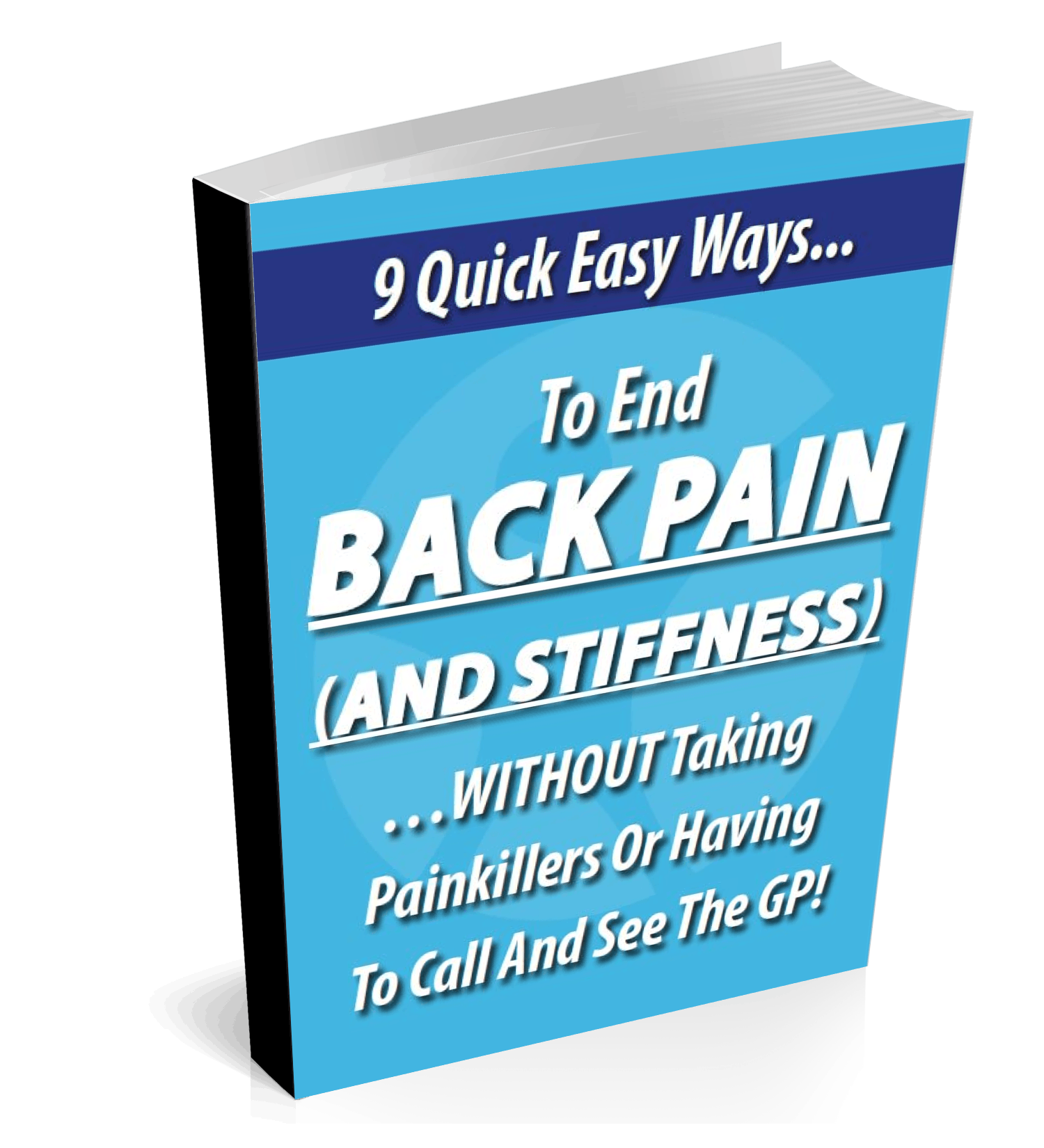Are you familiar with the agony of a shoulder injury?
If you are, you know that it’s not just about physical pain; it’s a constant companion that disrupts your daily life. It’s the inability to lift your arm without wincing, the struggles with basic tasks like reaching for a high shelf, or even fastening your seatbelt.
And, most painfully, it’s the missed opportunities for enjoying life’s simple pleasures – holding your loved ones close, swinging a golf club, or simply sleeping soundly through the night.
Many individuals who experience shoulder pain often hear the term “rotator cuff injury” tossed around.
It’s a common diagnosis, and it’s true that rotator cuff injuries can be incredibly painful and debilitating.
However, what’s frequently missed is that these injuries can often evolve into something more complex: a frozen shoulder.
In this blog, you will delve into the 5 signs that your rotator cuff injury is really a frozen shoulder.
Are you ready?
Understanding Frozen Shoulder:
What Is Frozen Shoulder?
Medically known as adhesive capsulitis, frozen shoulder is a condition that affects the shoulder joint.
It’s characterized by pain and stiffness in the shoulder, which gradually worsens over time. This stiffness and limited range of motion can make even simple tasks excruciatingly difficult.
What Causes Frozen Shoulder?
While the exact cause of a frozen shoulder remains a bit of a medical mystery, it often develops after a period of immobility or injury.
Conditions like rotator cuff injuries, bursitis, or even prolonged immobilization in a sling can pave the way for the development of a frozen shoulder.
Recognizing the Symptoms of Frozen Shoulder:
Frozen shoulder typically progresses through three distinct phases:
1. Freezing Phase: In this initial period, you’ll begin to experience pain and a gradual loss of motion in your shoulder. Simple movements become more challenging, and the pain can be quite intense, especially at night.
2. Frozen Phase: During this stage, the pain may subside, but your shoulder becomes increasingly stiff. Daily activities, from combing your hair to reaching for a glass, become difficult. This spell can last several months.
3. Thawing Phase: Finally, as the name suggests, the stiffness begins to diminish, and your range of motion gradually improves. This phase can last anywhere from several months to a few years.
Now, here’s where things get tricky. The early stages of a frozen shoulder can closely mimic the symptoms of a rotator cuff injury.
This similarity often leads to misdiagnosis and delayed treatment, leaving individuals to suffer needlessly. So, how can you distinguish between the two?
Here are five signs that your rotator cuff injury might really be a frozen shoulder…
5 Signs Your Rotator Cuff Injury Is Really A Frozen Shoulder
#1: Persistent, Unrelenting Pain
Both rotator cuff injuries and frozen shoulder can cause pain, but the key difference lies in the duration and intensity of that pain.
With a rotator cuff injury, you may experience pain primarily when using your shoulder, such as when lifting or reaching. However, the pain typically eases with rest.
In contrast, frozen shoulder pain can be relentless, affecting your day and night, and even disturbing your sleep.
If your pain persists even during periods of rest, it could be a sign of a frozen shoulder.
#2 Gradual Onset of Stiffness
Stiffness is a common denominator in both conditions, but the way it develops can provide valuable clues.
In a rotator cuff injury, stiffness is often a secondary symptom that accompanies pain.
It tends to be less pronounced and typically occurs after an injury or strenuous activity.
In contrast, a frozen shoulder usually begins with stiffness as the primary symptom.
You might notice it first when trying to raise your arm or reach behind your back.
This gradual onset of stiffness, especially if it seems unrelated to a specific injury, could point to a frozen shoulder.
#3: Limited Range of Motion
A hallmark of a frozen shoulder is a severe limitation in the range of motion.
You’ll find it progressively challenging to perform even simple movements like combing your hair or reaching for a glass on a high shelf.
In a rotator cuff injury, while you may experience discomfort and difficulty with certain motions, your overall range of motion is usually better than what’s seen in a frozen shoulder.
If your shoulder feels locked or immobile, it’s time to consider the possibility of a frozen shoulder.
#4 Nighttime Pain and Sleep Disturbances
Here’s a distinctive feature that sets frozen shoulder apart: nighttime pain and sleep disturbances.
If your shoulder pain intensifies during the night, making it difficult to find a comfortable sleeping position, it’s a strong indicator of a frozen shoulder.
Rotator cuff injuries typically don’t cause such consistent discomfort during the night.
#5: Gradual Progression
Rotator cuff injuries often have a clear cause, such as an injury or overuse, and their symptoms typically worsen gradually over time.
In contrast, a frozen shoulder often seems to come out of nowhere, with symptoms slowly progressing without an apparent trigger.
If you notice that your shoulder pain and stiffness are worsening without a clear cause, it may be time to consider the possibility of a frozen shoulder.
Bonus: Subscribe To Our YouTube Channel And Learn More About Frozen Shoulders!
More of a visual learner and looking for expert insights into the puzzling and painful condition of a frozen shoulder?
You’ll get an in-depth understanding of what a frozen shoulder is, why it causes so much discomfort, and the first steps toward finding relief.
With a specific focus on personalized care and an aim to keep you mobile, active, and independent from pain medication, this video is a must-watch for anyone over 50, women who are statistically more affected, or anyone experiencing shoulder pain that could be a sign of a frozen shoulder.
Don’t wait for the pain to worsen.
Watch the video now, learn about the early signs of a frozen shoulder, and why timely treatment makes a significant difference
Reclaim Your Life From Frozen Shoulder – Ready For The Next Step?
If you suspect that your rotator cuff injury might be evolving into a frozen shoulder, or if you’ve already been diagnosed with a frozen shoulder, the good news is that you don’t have to resign yourself to a life of pain and limitation.
Physical therapy can be a real game changer in your journey to recovery.
At Bodyworx, our expert team understands how common Rotator Cuff misdiagnoses can be – so we can help you say goodbye to your frozen shoulder forever.
One of our expert physical therapists can provide you with a personalized plan that is tailored to solving your problems.
In November we are offering a Free Telephone Consultation, allowing you to speak with our experts from the comfort of your own home.
This way, you can get the guidance and reassurance you need without leaving your safe space.
By consulting with one of our seasoned therapists, you’ll have the chance to discuss your journey and receive individualized guidance for managing your frozen shoulder.
Take advantage of our Free Telephone Consultation today.
With our guidance and support, you can regain control over your health and well-being. Let us be your partners in healing and recovery.
Click HERE or call us at 316 558 8808 to schedule your appointment today!
Don’t wait – relief is just a phone call away!
P.S. Keep your eyes peeled for our Black Friday deals this month…
Until next time,
Cody Barnett PT



